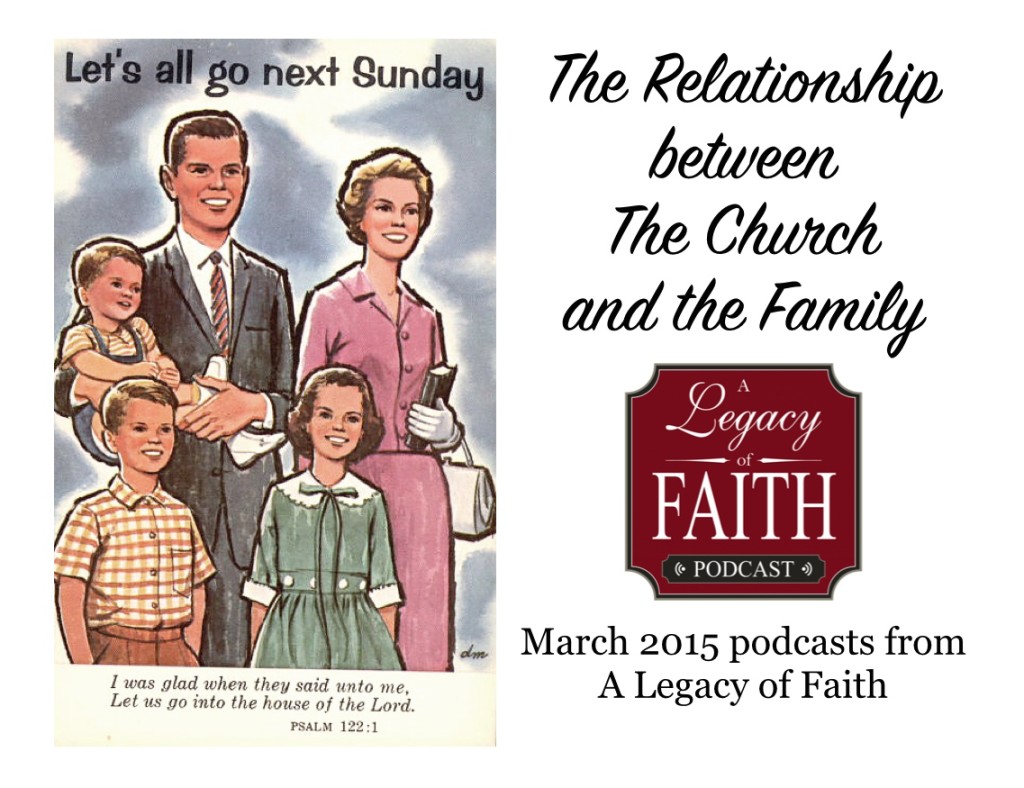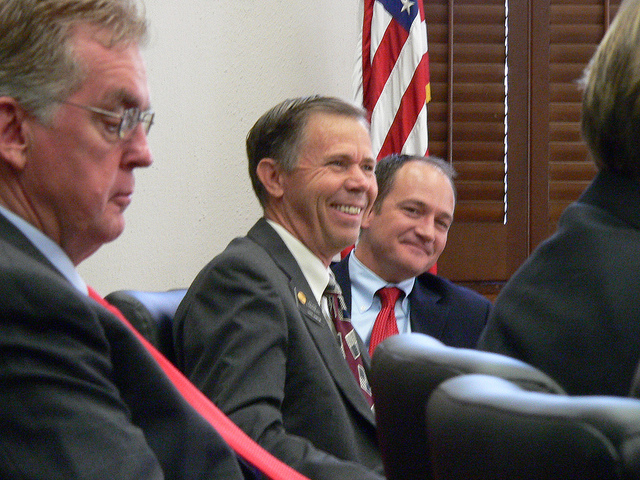Churches, For the Sake of Families, Keep It Simple
This month on our podcast, Leah and I are spending time thinking about “The Relationship between the Church and the Family.”
In our first episode of the month, we talked about one issue that I felt needed to be fleshed out a little more, so we talked about it for a few moments, but decided to also put some of those thoughts in a dedicated blog post.
As a preacher, one appeal I often make is for families to try to simplify as much as possible. Children do not need to be involved in a zillion activities (karate, baseball, piano, gymnastics, etc.) in order to be fulfilled. Too often, parents become glorified chauffeurs, running their children to-and-fro from one activity to the next.
Now, am I against children being involved in things? Not at all. But we all know it can get to be too much. Add to that all the clubs, boards, and so on that mom and dad are in, and a family rarely is spending truly quality together.
And then they come to church and are reminded of that again and again.
But if we are honest, it could be that churches also have some of the blame for families being spread so thin.
The announcements are made on Sunday, and your family can’t help but look at one another and see how this week is going to strain your already swelling calendar. This committee is meeting Monday night. The youth group has an activity Tuesday after school. There is a work night Tuesday evening, a meal before Wednesday night Bible study, and another committee meeting Thursday evening. The men have a breakfast Saturday morning, and about the time that’s done, the young people leave for a day trip.
Oh…and we didn’t mention Sunday worship or Bible classes.
And if sister Sally–who is in critical condition–dies, there will be a funeral to attend (and it’s your month on the food committee).
That may be a bit over-the-top, but for many congregations, that is not an unheard of weekly schedule. Six of the seven days have something (and we usually load up Sunday afternoons as much as possible, too).
And then we wonder why are families are not “as involved as they should be.” Let me ask: in which of those things do the vast majority of congregations expect families to be involved? (The answer, whether we want to admit it or not, is “all of them.”)
If we are going to teach that the family is of utmost importance, maybe it is time our church calendars reflected that. I am all for active congregations; in fact, some who know me may be shocked I’m writing an article on this topic. Activities are good, but there are many more efficient ways to be active without using up every evening…and then chastising families for not being involved in every activity.
Here are a few general suggestions for a congregation to consider.
1. Combine events. Instead of a youth “fun” outing each month and a devotional, why not have the devotional on the bus ride to or from the outing? Move the men’s (or women’s) breakfast to Sunday morning instead of Saturday, since the attendees will be coming to the church building anyway.
2. Cancel some activities. I know, we aren’t supposed to cancel anything, but we can become so bloated with activities that very few are effective. Let some go, and free up more time for families. (Not to mention, it will help the activities that remain be more effective, but that’s a different post.)
3. Be respectful of the clock. If you say an event will only take 60 minutes, it should only last 60 minutes (maximum). The more something drags on, that time is taken from families.
It is a delicate balance, to be sure, but to be consistent with what we preach and teach, the church does not need to contribute to the problem of families being too busy. For the sake of family, I urge churches to take a serious look at the calendar, simplify where they can, and encourage families to spend more time together as families.
——
To Receive Every Post via Email for Free, Click Here



